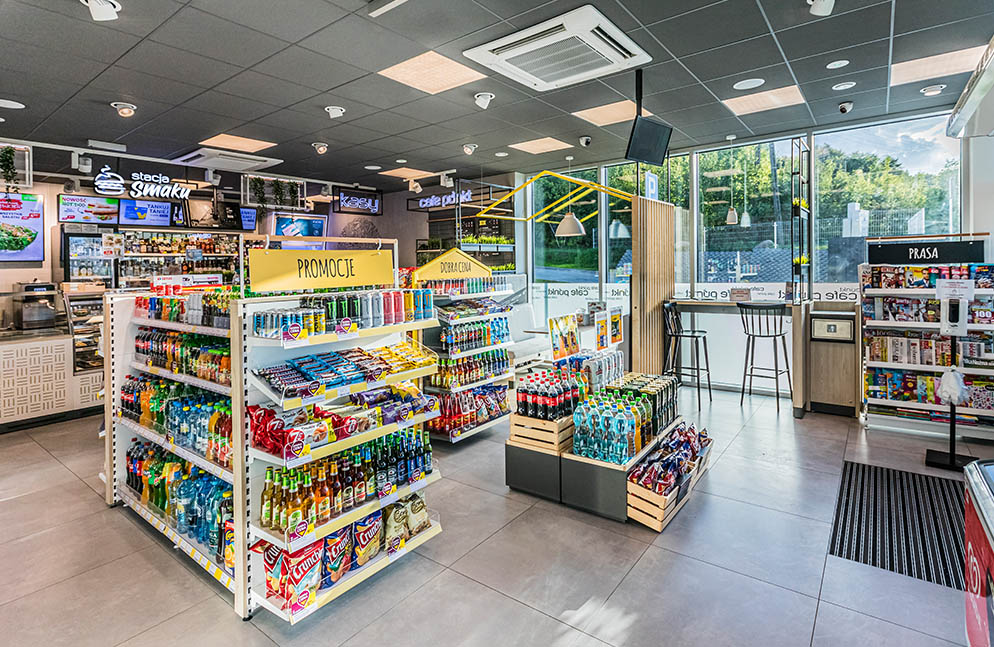

The activities of the LOTOS Group affect a number of social and environmental aspects; therefore, the group ensures the responsibility of the supply chain, from the deposit prospecting and exploitation, through production, to sale of finished products and services.
The LOTOS Group supports value-building throughout the supply chain by:
-
striving for efficient use of assets throughout the value chain
-
active management of opportunities and risks
-
creation of technological innovations that improve market competitiveness
-
• improving processes that ensure the safety of people and the natural environment
In 2020, the risk management system did not identify risks of forced labour or child labour or violations of the right to freedom of assembly or the assumptions of collective bargaining agreements in the supply chain. Analyses of these risks are carried out by the LOTOS Group on the basis of available information and potential reports in accordance with the adopted risk management principles.
-
OG13
-
103-1
-
103-2
-
103-3
In 2020, we recorded 13 events related to process security. Eight of them were identified at an early stage of cases (Tier 2), which allowed us to act quickly and prevent transformation of these events into Tier 1 threats. Five events were classified as Tier 1 threats. In order to prevent the occurrence of identified process security events in the future, we carry out a number of activities:
- works of post-emergency commissions, as part of which the causes of the event are analysed and recommendations are developed to prevent the recurrence of failures;
- training of the engineers in the field of investigating the root causes of emergencies;
- periodic trainings of production personnel in the field of process security;
- implementation of a transparent change management process, focusing on risk analysis and confirmation of secure change implementation;
- periodic reviews of the correctness of storage of hazardous materials;
- periodic reviews of the correctness of work permits and the register of access to production installations;
- informing employees about dangerous occurrences in the form of security alerts, reminding them, inter alia, of the applicable procedures;
- organisational preparations for the cyclical monitoring of the location of process cut-offs critical to the security of the installation;
- commencement of regular Hazard and Operability Studies — HAZOP — on critical production installations.

